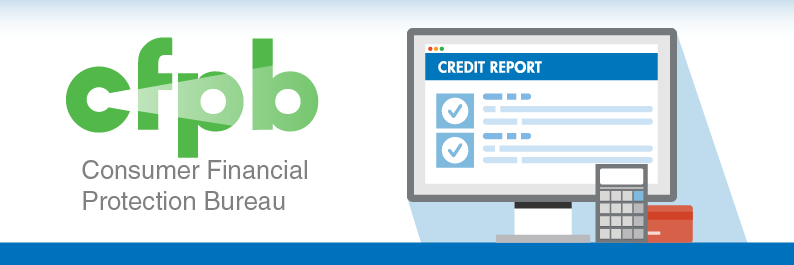The Consumer Financial Protection Bureau, a government agency created to ensure banks lenders and other financial companies treat American citizens fairly, recently reported on the analysis of unpaid medical bills. The objective of the analysis was to provide evidence-based perspectives on consumer financial markets, consumer behavior and regulations related to medical debt.

Unpaid medical bills are reported by the medical service provider to the national credit reporting agencies. An overwhelming amount of debt that is reported to the National Credit reporting agencies, 99.4%, relates to medical bills and falls under the umbrella term of “medical collections.” Credit scores are drastically affected by medical collections and severely impact the creditworthiness of consumers. Credit scores, however, don’t differentiate between medical collections and other collections, such as unpaid rent or cell phone bills.
Although a credit score won’t reveal if the debt was due to a medical collection, credit report sometimes does differentiate between these two.

The data from credit reports spanning several years was used to examine the state of medical debt in America and its relationship to credit scores. Are those will medical debt penalized, and less able to improve their credit score? This consumer protection study sought to analyze exactly that, the credit score of those with medical debt along with the practices of credit agencies against those with debt that is specifically medical debt.
Credit bureaus analyze debt and income to formulate a credit score, which is a quick marker of an individual’s credit worthiness. Credit scores are often used as a deciding factors by lenders regarding whether a person can be approved for a car loan or even a mortgage. However, credit reporting agencies do not differentiate between normal debt and medical debt when creating the credit score. This unbalanced system penalizes individuals with medical debt, which is often simply due to an overwhelmingly large hospital bills precipitated by an unpreventable health crisis.

In an effort to right the unfair bias from credit reporting agencies, the Consumer Financial Protection Bureau, analyzed the credit scores of those who are paying back medical debt as opposed to those who paying non-medical debt. The findings revealed that consumers who were paying back medical debt over-penalized for their medical collections. Collectively, the median score differential was approximately 16 to 22 points showing worse for those trying to pay medical debt. Medical debt, often unavoidable and overwhelming, comes with an additional cost, greater penalties by hospitals, credit reporting agencies, and lenders.
Knowing this, we’ve taken an active stance against this predatory bias and have fought to help those suffering from medical collections to reclaim their lives and right the serious harm to our client’s lives, lending rights, and payment plans. If you or someone you love is burdened by medical debt or medical collections, then call our office today at 833-428-1263 to learn more about your rights and options.


Leave A Comment